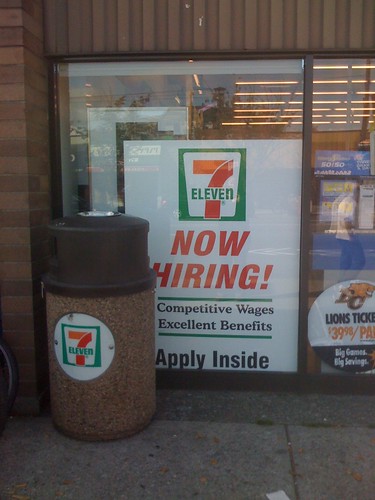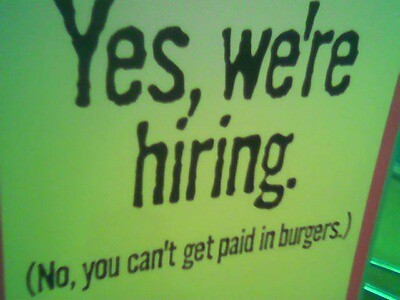Often times, the biggest thing standing between you and getting hired is yourself. I interview a lot of people in my job, and most people come prepared and have done enough interviewing that they are relaxed. They aren't complicating the situation. But others...
Here are some tips to help you get hired:
1) We really REALLY want to hire you. Most people don't typically enjoy combing through resumes, calling references, and doing interviews. So you honestly have no reason to be nervous.
2) Unless you aren't prepared. So while your #1 tip is true, I have found that a near majority of applicants who I interview are under prepared. A shockingly high % don't even know their resume well. Others don't research our company and what we do (we're consultants to the federal government).
3) Be very very careful with that "embelesh" stuff. It's one thing to say you were really proud of a project or a team when you maybe weren't (though, that is actually lying and if I found out that you said you were proud and later admitted you hated your team, I'm not going to be happy and will question your ethics going forward). But under no circumstances are you to mess with the facts. Don't say you saved your company/client $1M when it was really $100k, etc.
2) Unless you aren't prepared. So while your #1 tip is true, I have found that a near majority of applicants who I interview are under prepared. A shockingly high % don't even know their resume well. Others don't research our company and what we do (we're consultants to the federal government).
3) Be very very careful with that "embelesh" stuff. It's one thing to say you were really proud of a project or a team when you maybe weren't (though, that is actually lying and if I found out that you said you were proud and later admitted you hated your team, I'm not going to be happy and will question your ethics going forward). But under no circumstances are you to mess with the facts. Don't say you saved your company/client $1M when it was really $100k, etc.
4) Have a plan of attack, it should help set you at ease. Most people only do behavioral interviews where they go through your resume. Maybe they'll ask some questions about a particular experience, client, product, etc. But in reality, most interviews are overly simplistic. So relax. Know the drill, know your resume, know what you want to highlight.
5) Remember that you are marketing yourself, your skills, your experience. You're the only one selling yourself, so if you are shy about saying you did something well, get over it. Don't be a narcissistic braggard, but be willing to say "I think such and such project went well, as did the customer because we met all their objectives."
6) Have a story to tell, and align it to what the needs of the organization are. What, you don't know this? Well then you didn't do your homework. Research the company, read the position description several times (if they didn't have one, call them and ask; or start off the interview by asking to learn more about what they want so you can "better answer their questions"), and then know what parts of your resume you want to highlight.
Don't take 15 minutes telling me about how great working at McDonald's was when you were 16. Tell me about your recent and relevant experience.
Don't take 15 minutes telling me about how great working at McDonald's was when you were 16. Tell me about your recent and relevant experience.
I cover two of the above points in more detail here - http://ckstevenson.blogspot.
And did a Prezi presentation on how to write a good resume - http://ckstevenson.blogspot.
Pictures in order of appearance:
- by unk's dump truck
- by VerdeSam
- by TheTruthAbout...
- by boogah




0 comments: